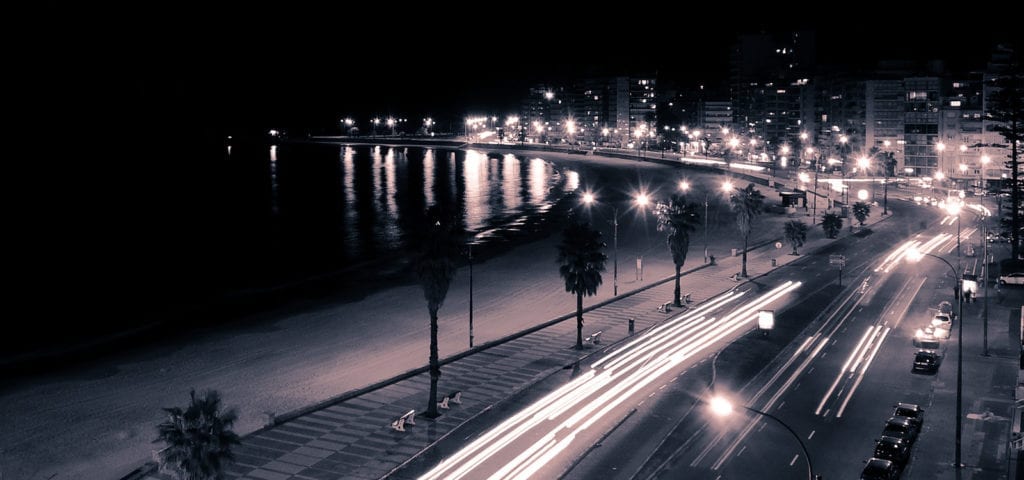According to a Brookings Institute report, Uruguay’s legal cannabis program has been hindered by supply problems and curtailed access to financial services but the market is maturing and officials are planning to widen the legal points of sale from pharmacies to retail dispensaries.
“In order for the regulated cannabis market to displace the black market more effectively, authorities may need to reconsider rules that require users to choose only one of the three legal forms of cannabis supply: homegrowing, clubs, or commercial purchase.” – “Uruguay’s cannabis law: Pioneering a new paradigm”
The report indicates that, initially, more than 13,000 Uruguayans signed up with the government to purchase cannabis legally – up to 40 grams per month – but the 16 pharmacies signed up to sell the two government-approved strains could only receive 2 kilograms of cannabis per month, every two weeks which “created not just a shortage from the lopsided purchaser to dispensary ratio, but also in terms of the purchaser maximum to pharmacy monthly supply ratio.”
As of today, the number of registered buyers has swelled to more than 22,000 but the number of pharmacies selling the products has fallen to 12 – and five of them are in the Montevideo, leaving 11 of the state’s departments without a pharmacy selling the products.
Despite the challenges, the report authors conclude that the model, while not perfect, “is a pioneering effort from which other governments will surely learn.”
“Like any administrative model, there is room for improvement. The effort to strengthen an already robust regulatory and administrative program is critical to meet public expectations and to advance the overall goals of a law.” – “Uruguay’s cannabis law: Pioneering a new paradigm”
The authors suggest that the nation explicitly allow cannabis industry operators access to financial institutions, expand medical cannabis access, reconsider the exclusive sales model, allow tourists to purchase products, and educate both the medical and law enforcement community.
